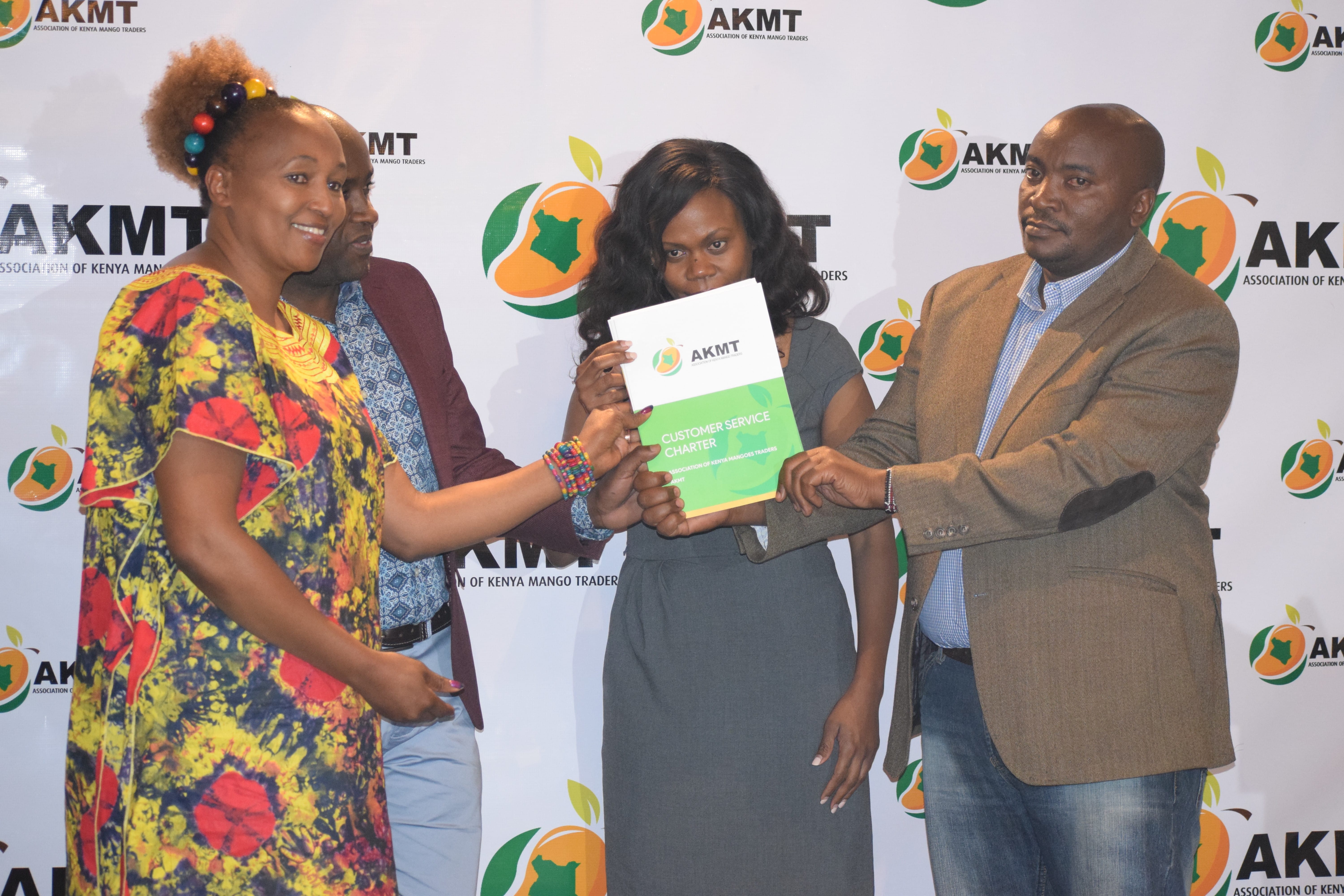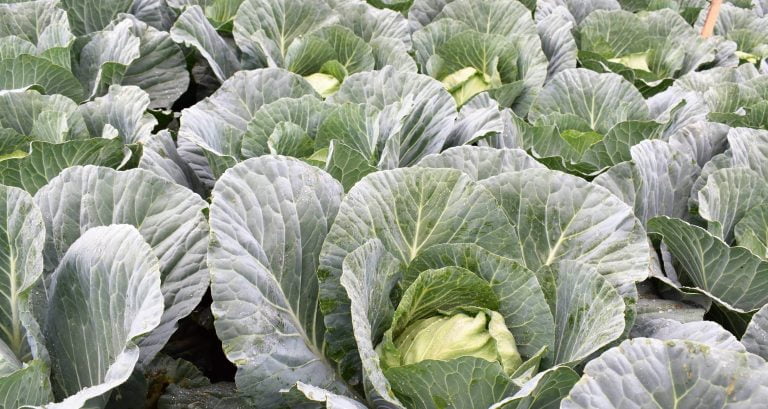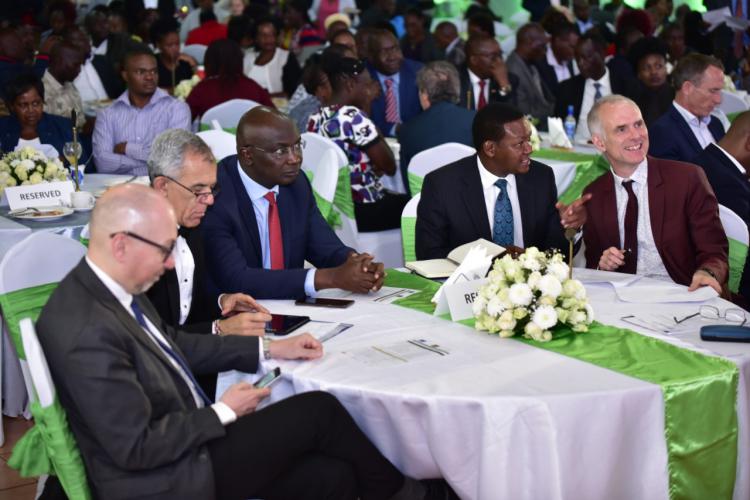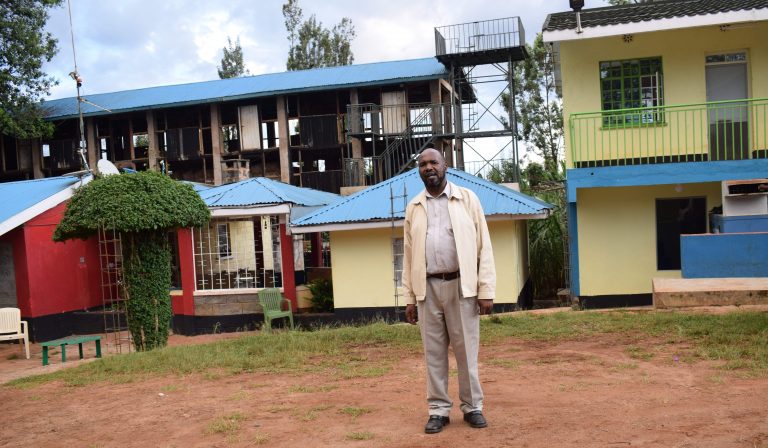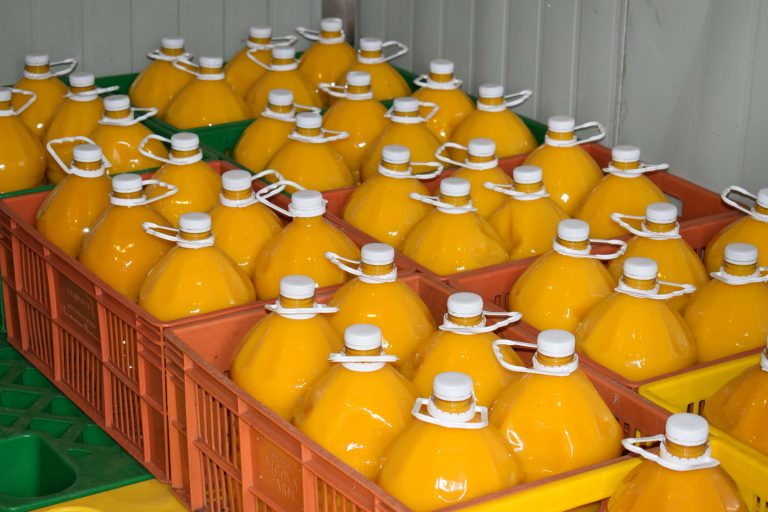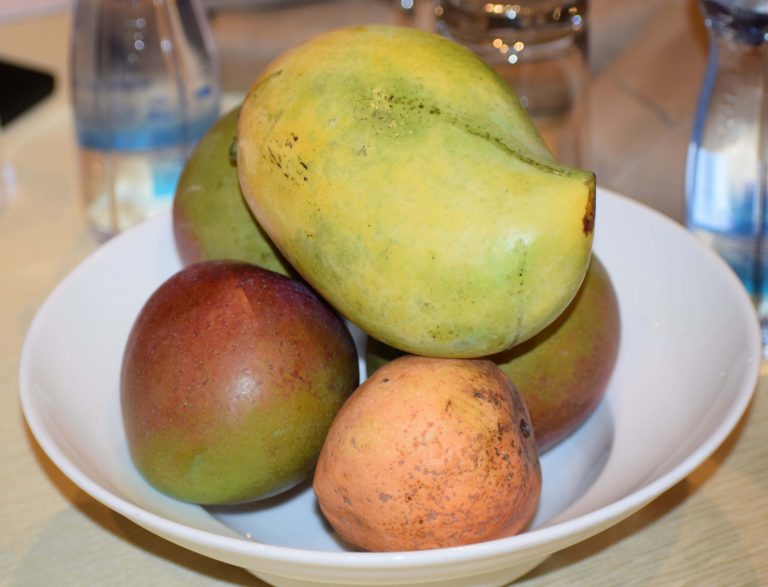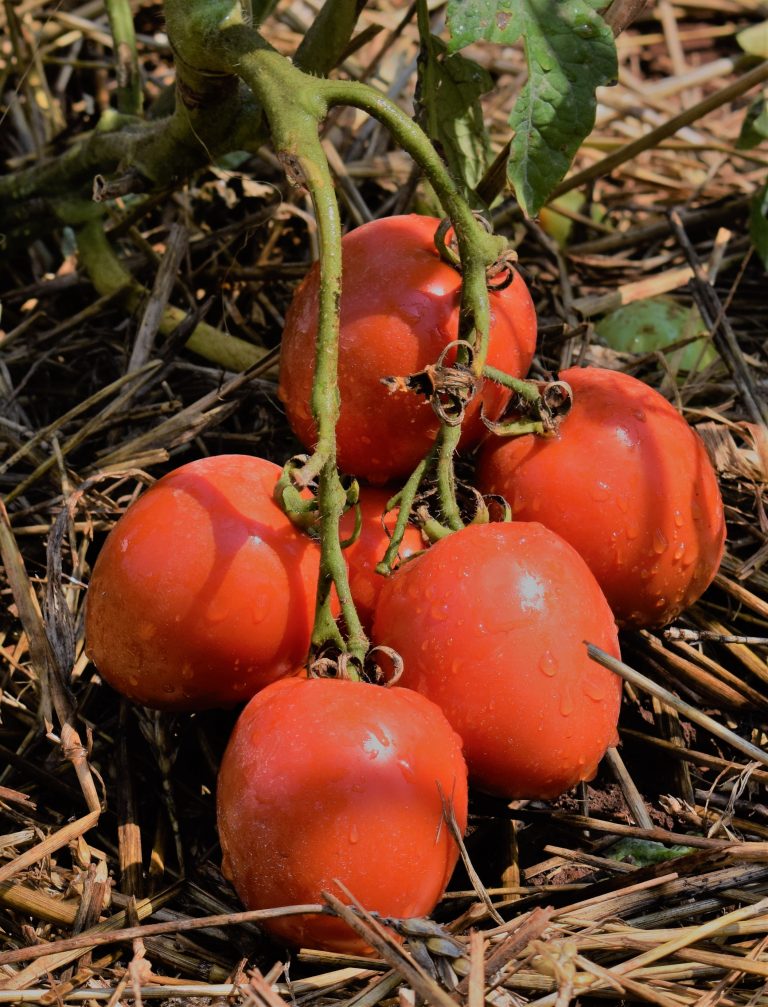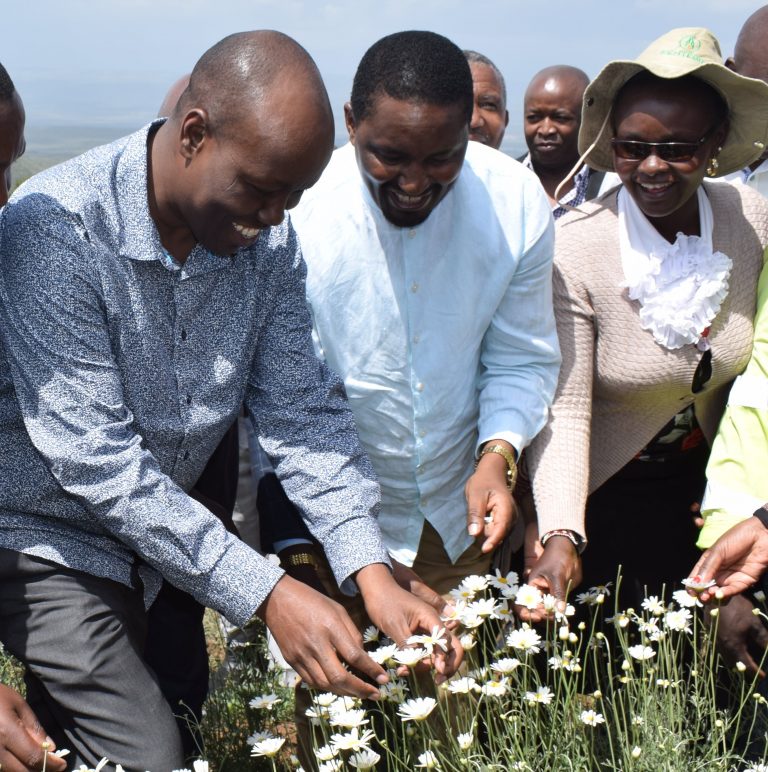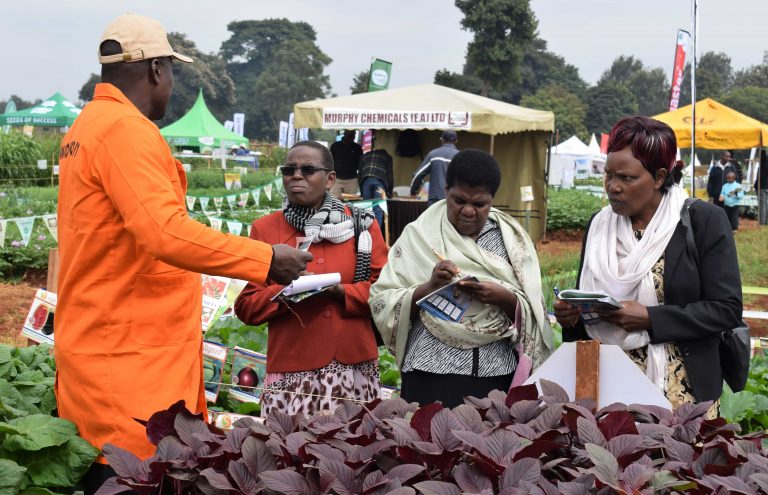Local traders, farmers and other stakeholders in the mango sector have launched an association to represent their interests. The association to be known as “Association of Kenya Mango Traders (AKMT)” has over 50 members registered before its launch with membership expected to increase. AKMT is expected to bring together individuals involved in the sourcing of mangoes from Kenyan farmers for marketing in the local an international market. It was registered in November 2017 and membership is drawn from traders who operate from urban markets like Wakulima, City Park, Ngara, Kangemi, Kawangware, Githurai and Kongowea among others.
AKMT together with partners and development partners who include TechnoServe and Rockefeller Foundation have been at the forefront of supporting and growing the mango value chain in Kenya. Since 2015, the development partner has mobilized over 32,000 mango farmers and trained over 20,000 on post-harvest management and linked them to ready markets. As a result, revenue per farmer has increased by up to 129% and significant drop in post-harvest losses by up to 25%.
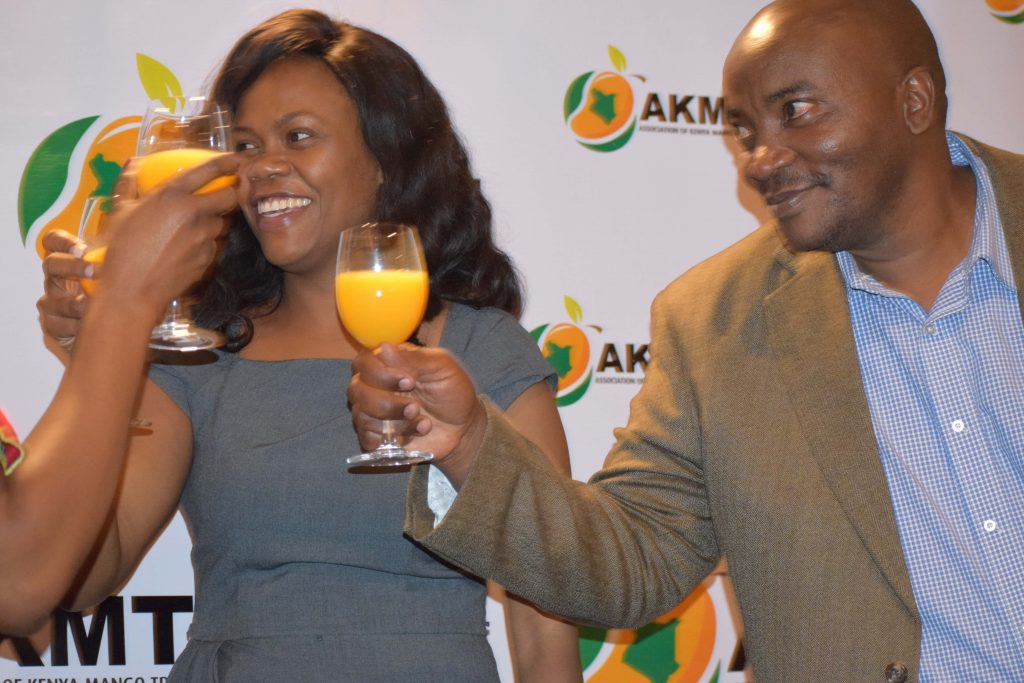
“The formation of AKMT and its official launch, is further expected to mainstream these gains in empowering mango farmers and further ensuring the mango sector remains a key income earner for not only the farming households but also the local County and National Government economy,” said AKMT CEO, Linah Mukami. She says the association will work with County governments to abolish multiple and high tax points and help farmers address the issue of fruit flies and mango weevils. They will also pursue better market structures and address the issue of poor feeder roads at County level. They are also preparing to promote increased consumption of mangoes in the country.
AKMT Chairman, Julius Njuki says the association will also seek to address the self-imposed ban on mango export to the European Union. “The current production stands at 400,000 to 500,000 metric tonnes annually. Working with development partners like Technoserve we have managed to reduce the post-harvest loss from 50% of the annual production in 2015 to 25% in 2018,” says Njuki. He says mango fruit is the safest fruit as it is only picked when it is ripe and the natural ripening process cannot be artificially influenced. “With support from the government, we want to promote mango eating culture in Kenya. In some areas, mango is still perceived as a fruit only accessible to the rich. This is why we are asking for a mango week when traders can be allowed to promote local mango consumption and sell the fruits in Nairobi and other cities,” he adds.
The association says it will also support farmers through provision of technical support and inputs, and the provision of ready market for all produce.


